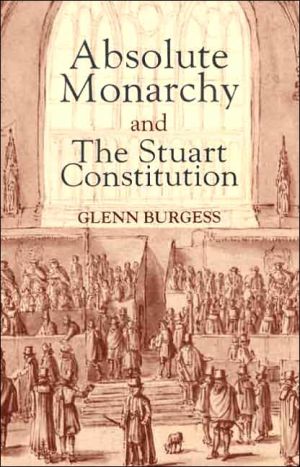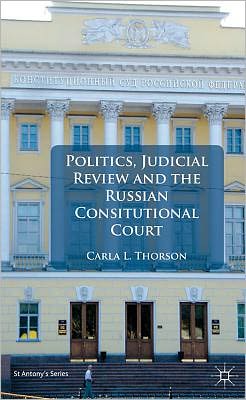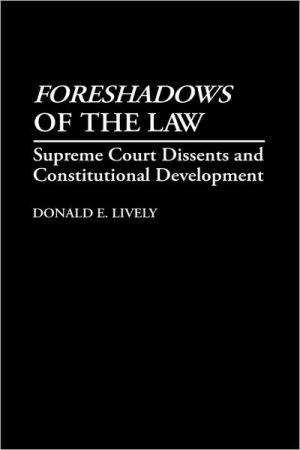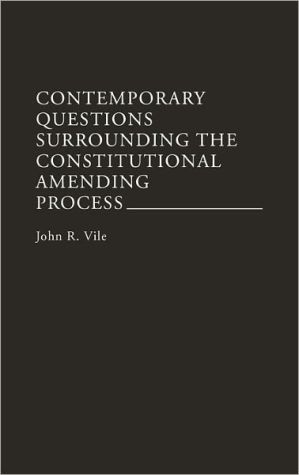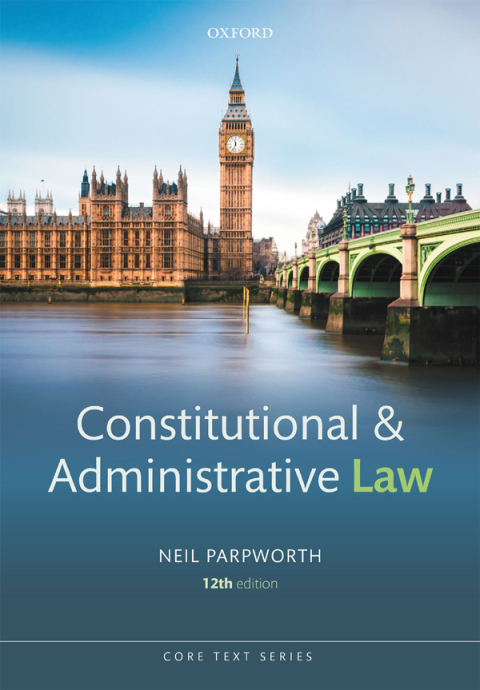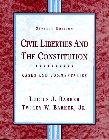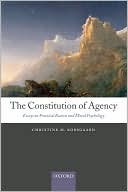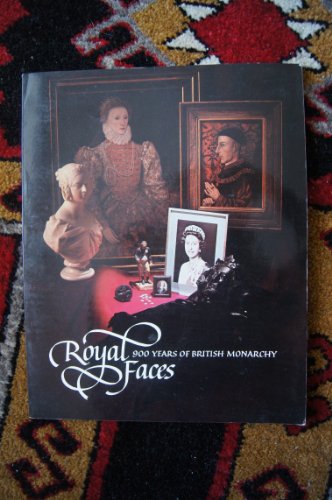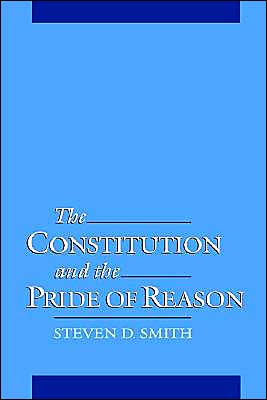Absolute Monarchy and the Stuart Constitution
Burgess, Glenn
In This Ambitious Reinterpretation Of The Early Stuart Period In England, Glenn Burgess Contends That The Common Understanding Of Seventeenth-century English Politics Is Oversimplified And Inaccurate. The Long-accepted Standard View Is That The Gradual Polarization Of Court And Parliament During The Reigns Of James I And Charles I Reflected The Split Between Absolutists (who Upheld The Divine Right Of The Monarchy To Rule) And Constitutionalists (who Resisted Tyranny By Insisting The Monarch Was Subject To Law) And Resulted Inevitably In Civil War. Yet, Burgess Argues, The Very Terms That Have Been Used To Understand The Period Are Misleading: There Were Almost No Genuine Absolutist Thinkers In England Before The Civil War, And The 'constitutionalism' Of Common Lawyers And Parliamentarians Was A Very Different Notion From Current Understanding Of That Term. 1. Introduction -- Pt. 1. 'absolutism'. 2. 'absolutism' And Monarchy In Early Stuart England. 3. Civil Law, Sovereignty And Absolutism. 4. The Divine Right Of Kings Reconsidered -- Pt. 2. 'constitutionalism'. 5. 'constitutionalism' And The Ancient Constitution. 6. The Political Thought Of Sir Edward Coke. 7. Conclusion -- Absolutism V. Constitutionalism? Glenn Burgess. Includes Bibliographical References And Index.
| Name in long format: | Absolute Monarchy and the Stuart Constitution |
|---|---|
| ISBN-10: | 0300065329 |
| ISBN-13: | 9780300065329 |
| Book pages: | 240 |
| Book language: | en |
| Binding: | Hardcover |
| Publisher: | Yale University Press |
| Dimensions: | Height: 9.54 Inches, Length: 6.43 Inches, Weight: 1.00089866948 Pounds, Width: 1.02 Inches |

